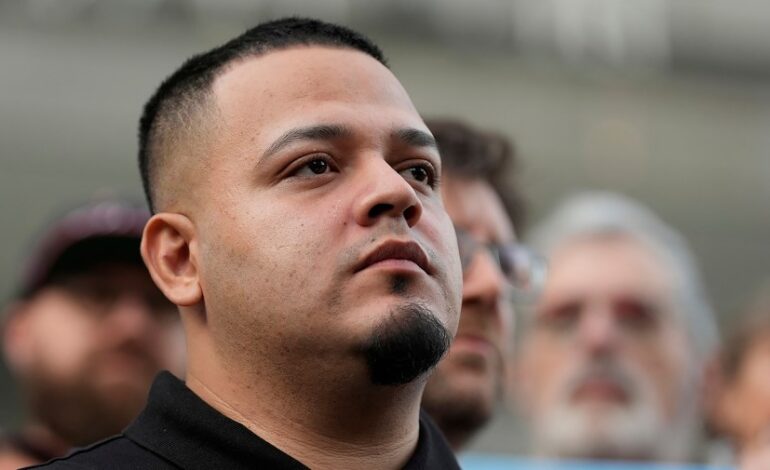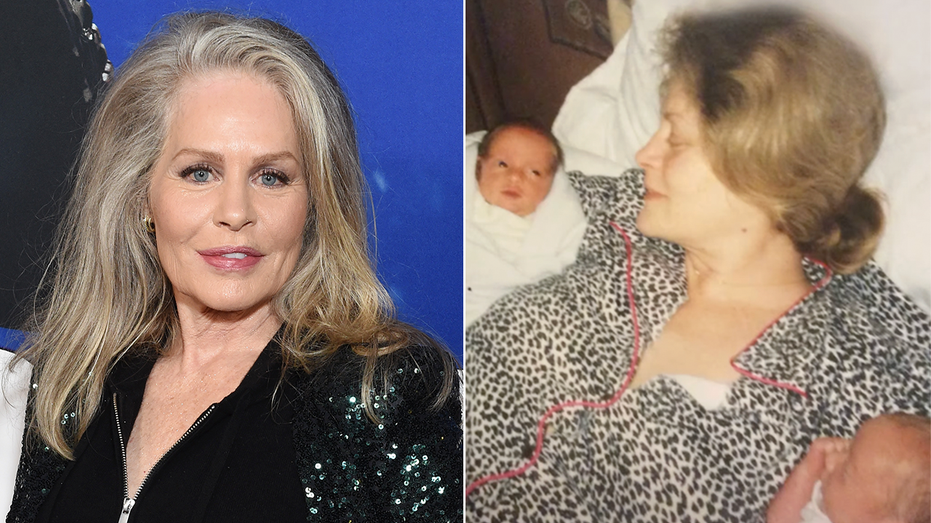Abrego Garcia Fights Deportation to Uganda in New Legal Battle

Kilmar Abrego Garcia, a resident of the United States, is preparing for a critical phase in his ongoing legal battle against deportation to Uganda. Having been mistakenly deported in the past but later returned to the U.S., Abrego Garcia now faces renewed efforts from the Trump administration to remove him once again. An evidentiary hearing is anticipated to take place in the coming days, overseen by U.S. District Judge Paula Xinis.
The legal proceedings come at a time when Abrego Garcia’s immigration status remains precarious. In previous hearings, his attorneys argued that deportation would subject him to significant risk in Uganda, where he claims he would face persecution. The outcome of this upcoming hearing could have profound implications not only for Abrego Garcia but also for broader immigration policies.
Abrego Garcia’s case has garnered attention due to the complexities surrounding his deportation history. Initially deported in 2017, he was allowed to return to the U.S. after a legal challenge. His situation highlights the challenges many face in navigating the U.S. immigration system, especially under the policies enacted during the Trump administration.
According to reports, Abrego Garcia’s legal team is building a strong case to demonstrate that his return to Uganda would not only be unsafe but also unjust. They are expected to present evidence regarding his prior mistreatment and the current political climate in Uganda. This hearing marks a pivotal moment in a long and arduous journey through the legal system, which has seen many twists and turns.
As the hearing approaches, supporters of Abrego Garcia have expressed concerns about the potential consequences of his deportation. Community advocates argue that his case exemplifies the larger issues within U.S. immigration enforcement, particularly the treatment of individuals who have been erroneously deported.
The outcome of the evidentiary hearing in the coming days will be closely monitored, as it will determine whether Abrego Garcia can remain in the U.S. or if he will be forced to return to a country he claims could be dangerous for him. This case not only impacts Abrego Garcia’s life but could also influence future deportation cases.
With immigration issues continuing to be a contentious topic in the United States, Abrego Garcia’s situation serves as a reminder of the human stories behind legal proceedings. As the hearing unfolds, many will be watching to see how the court balances the rule of law with humanitarian considerations.






